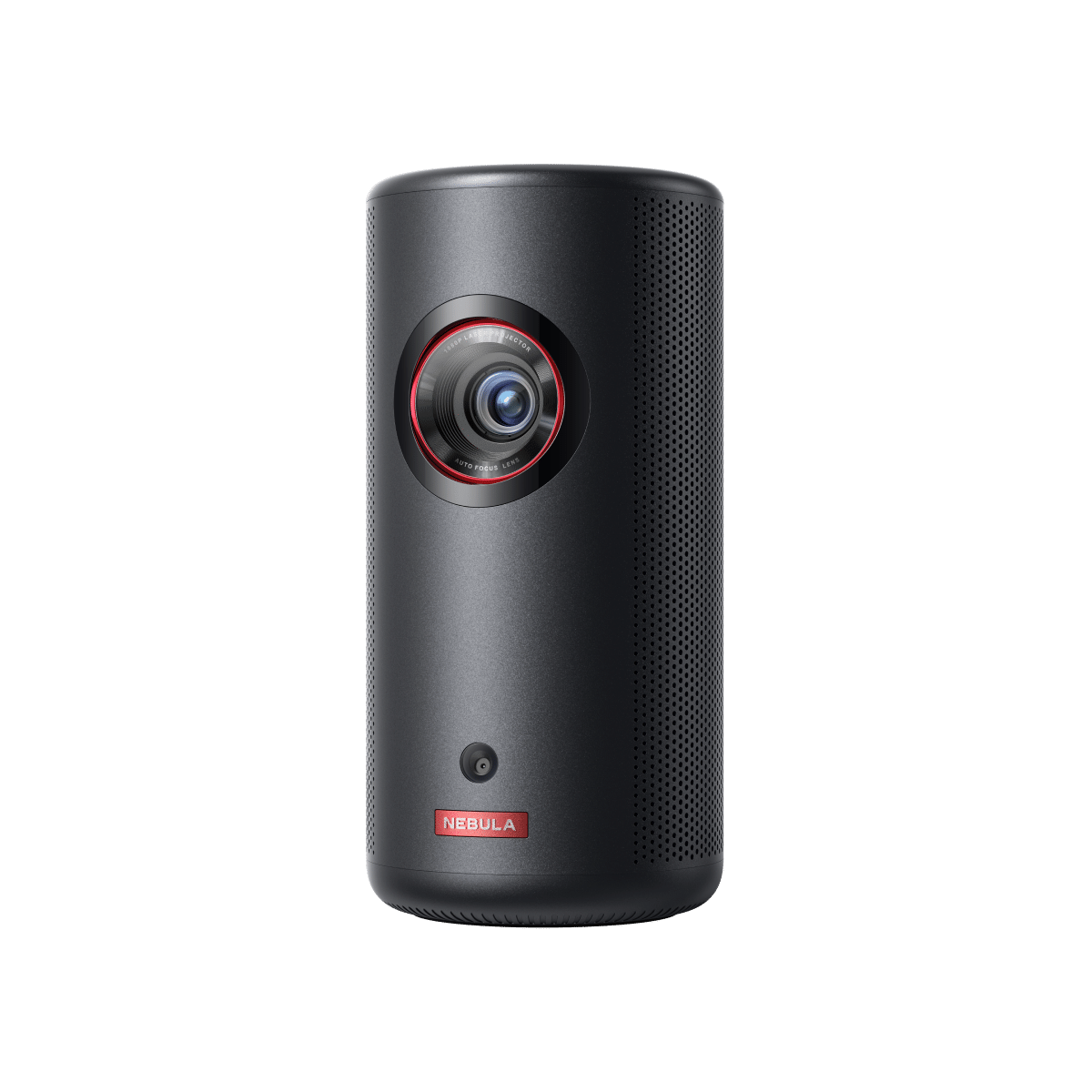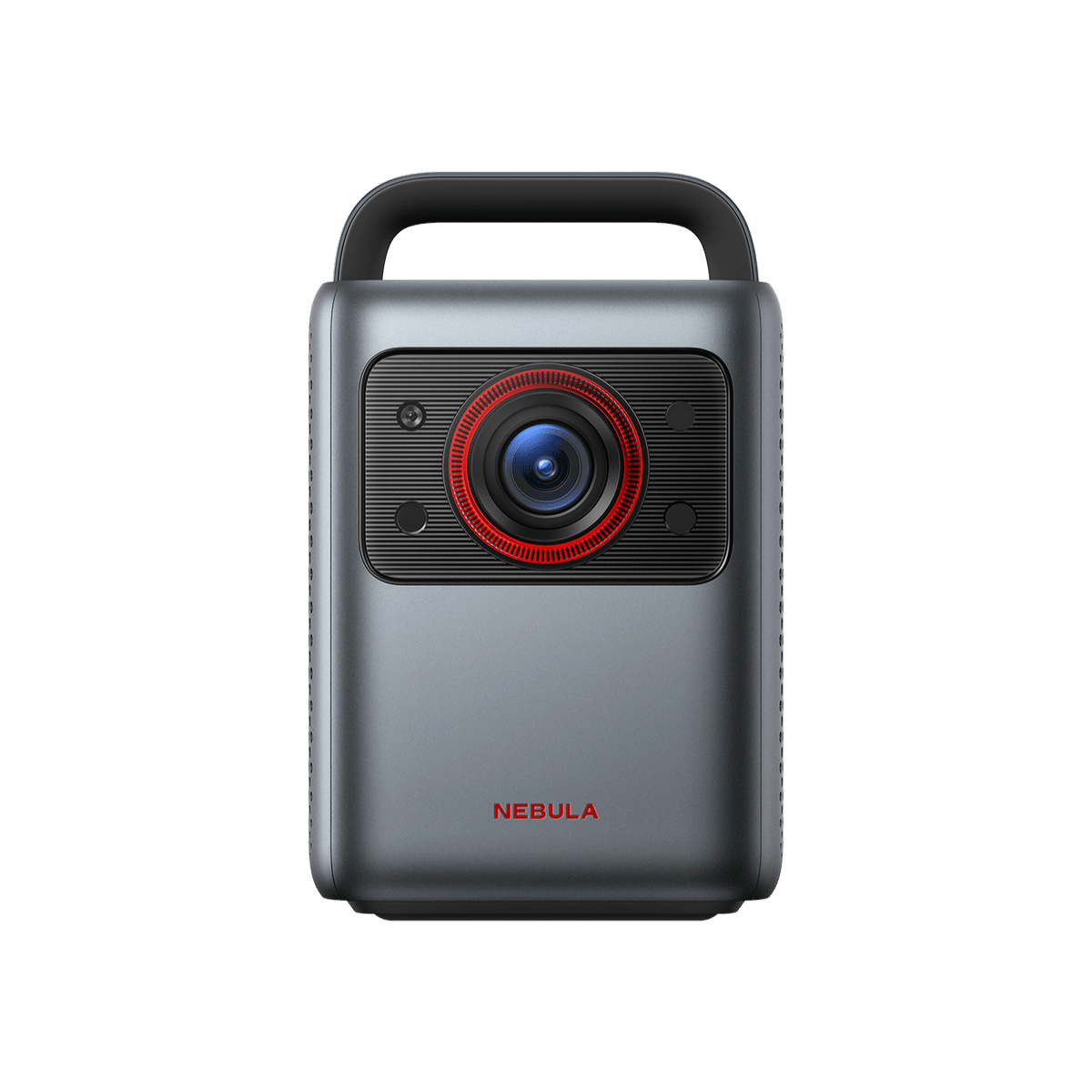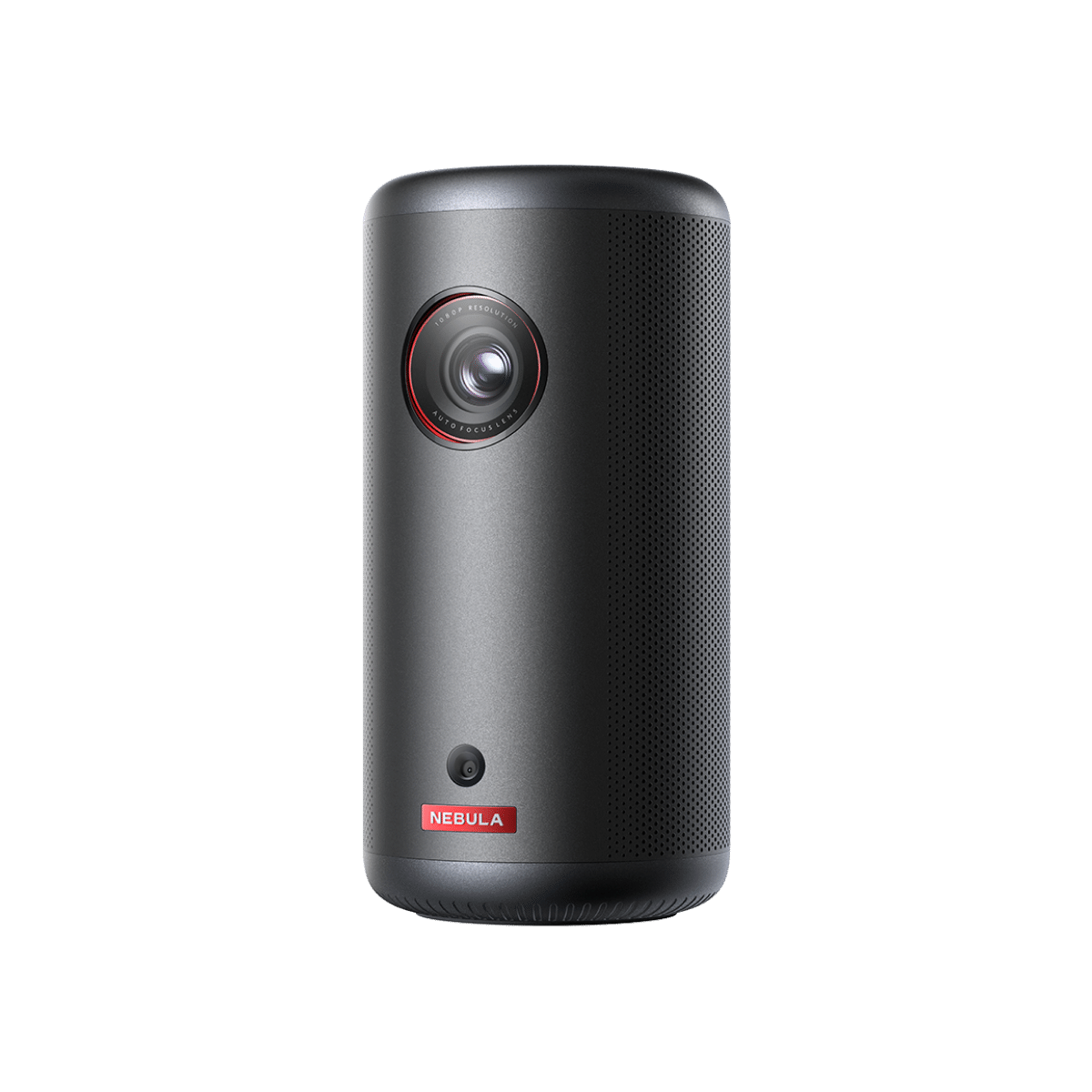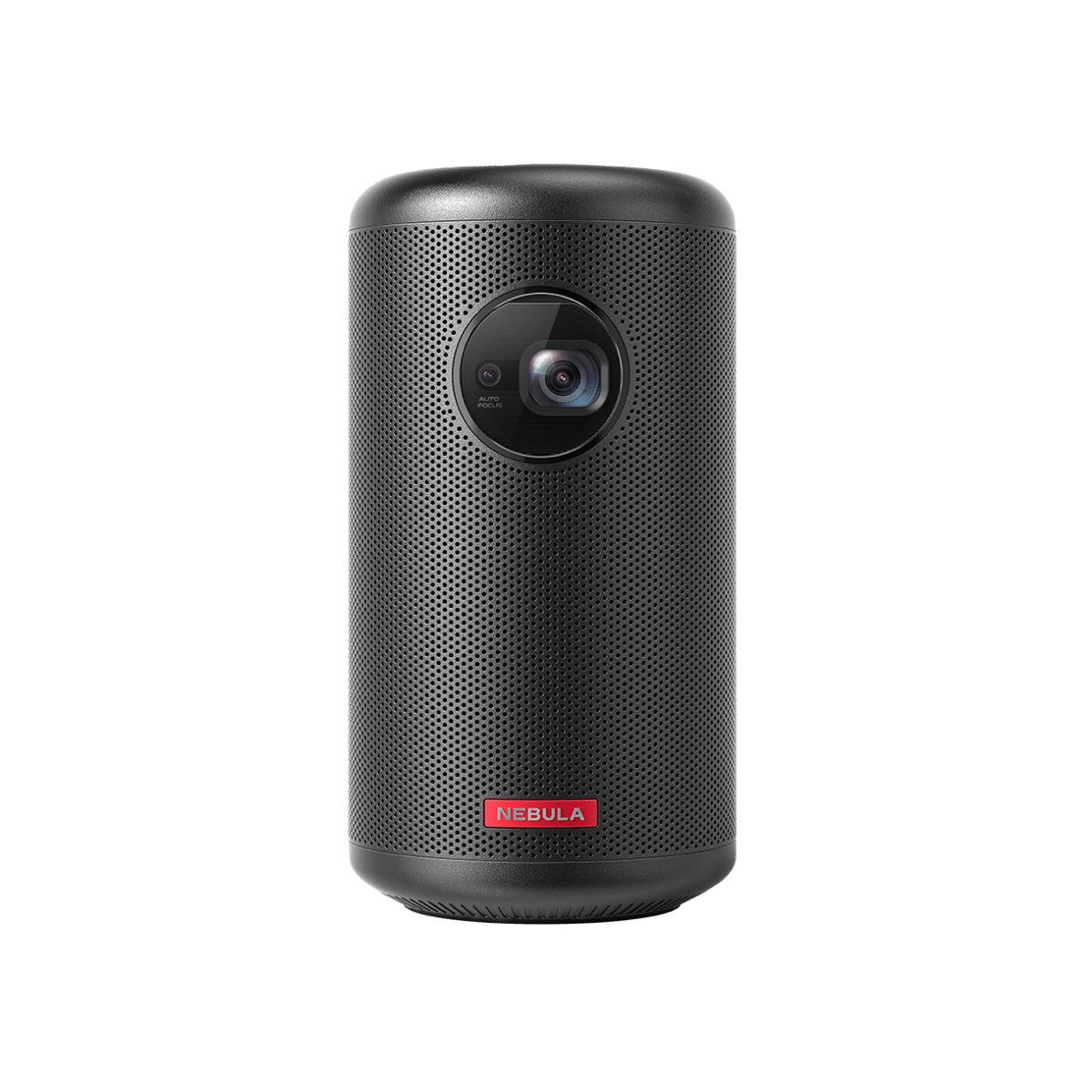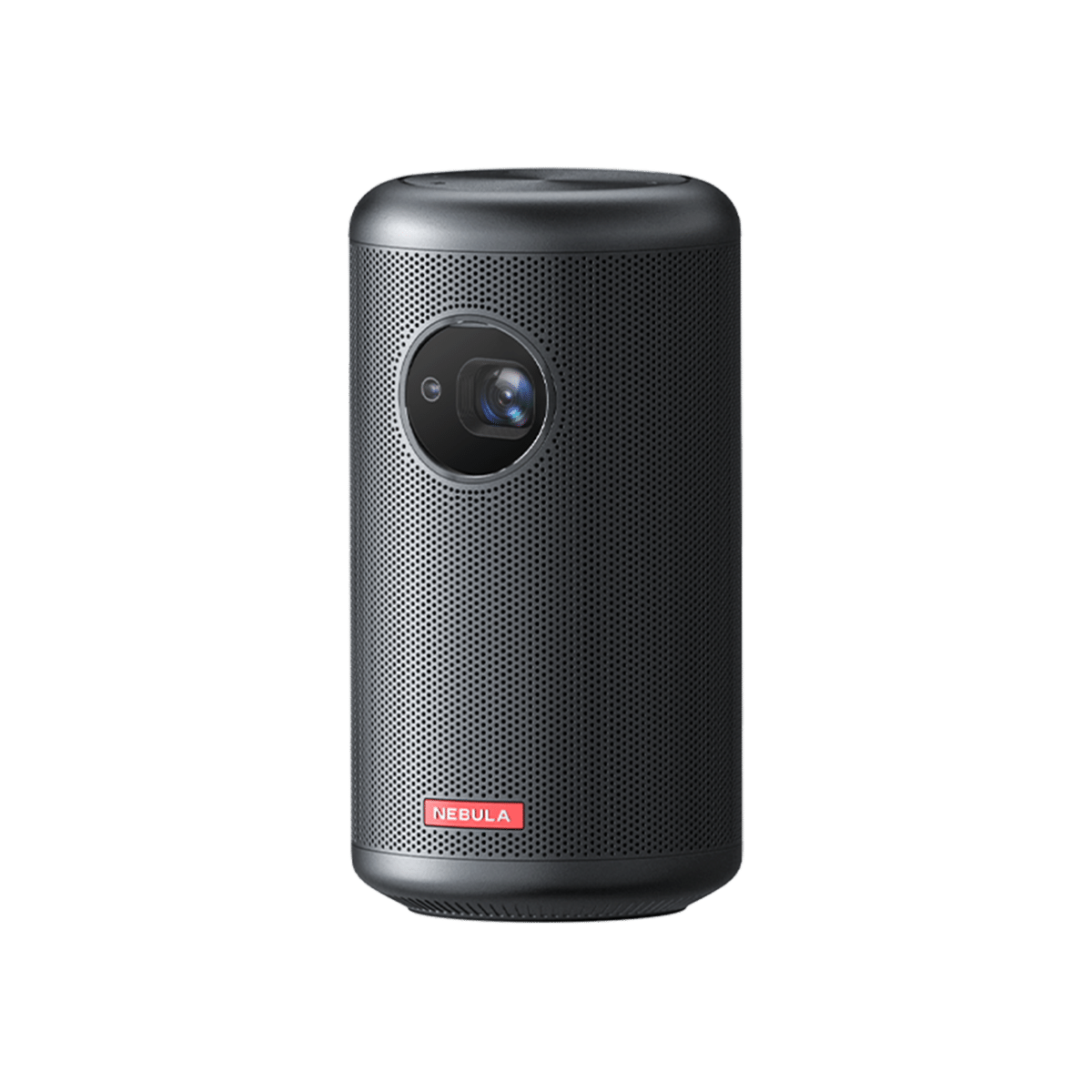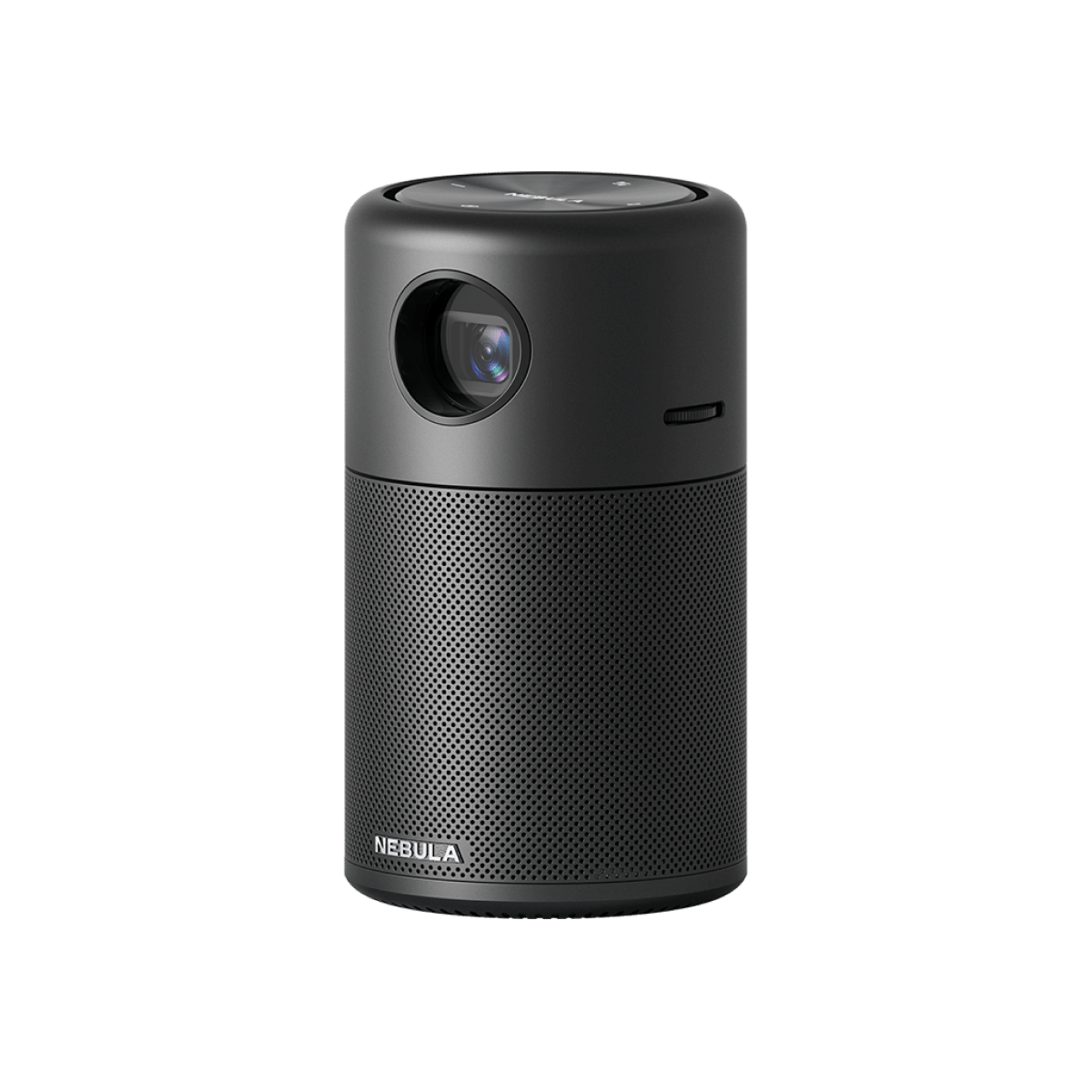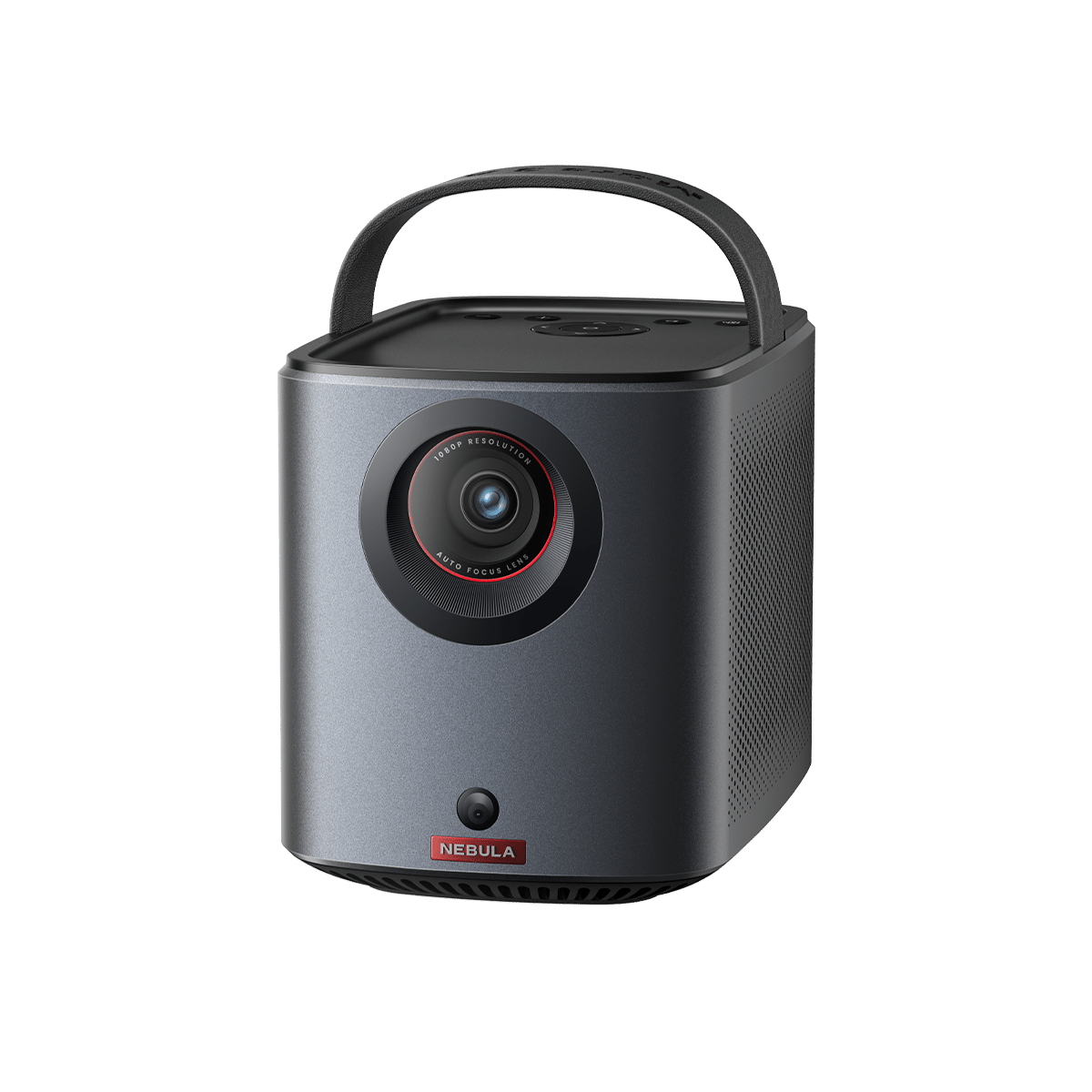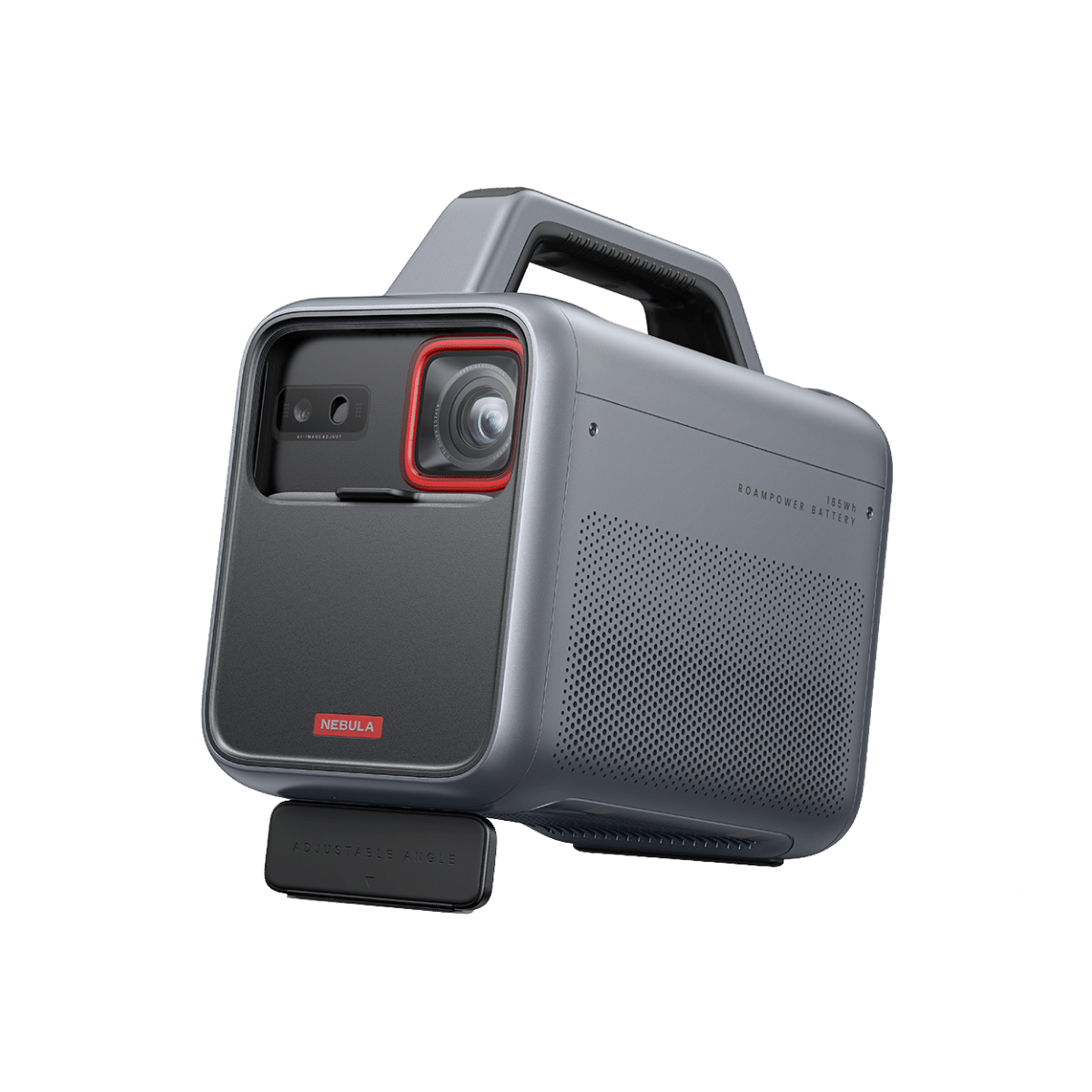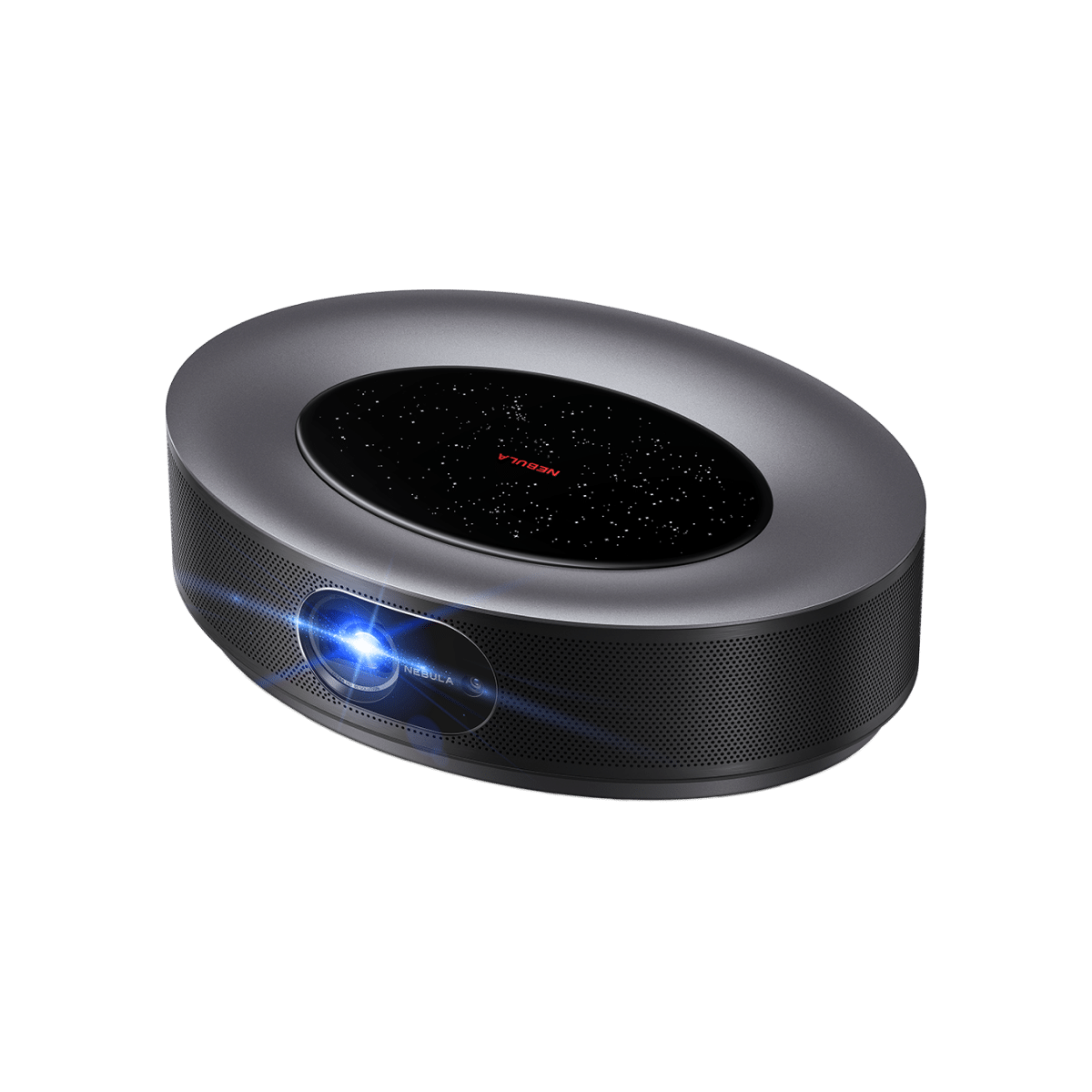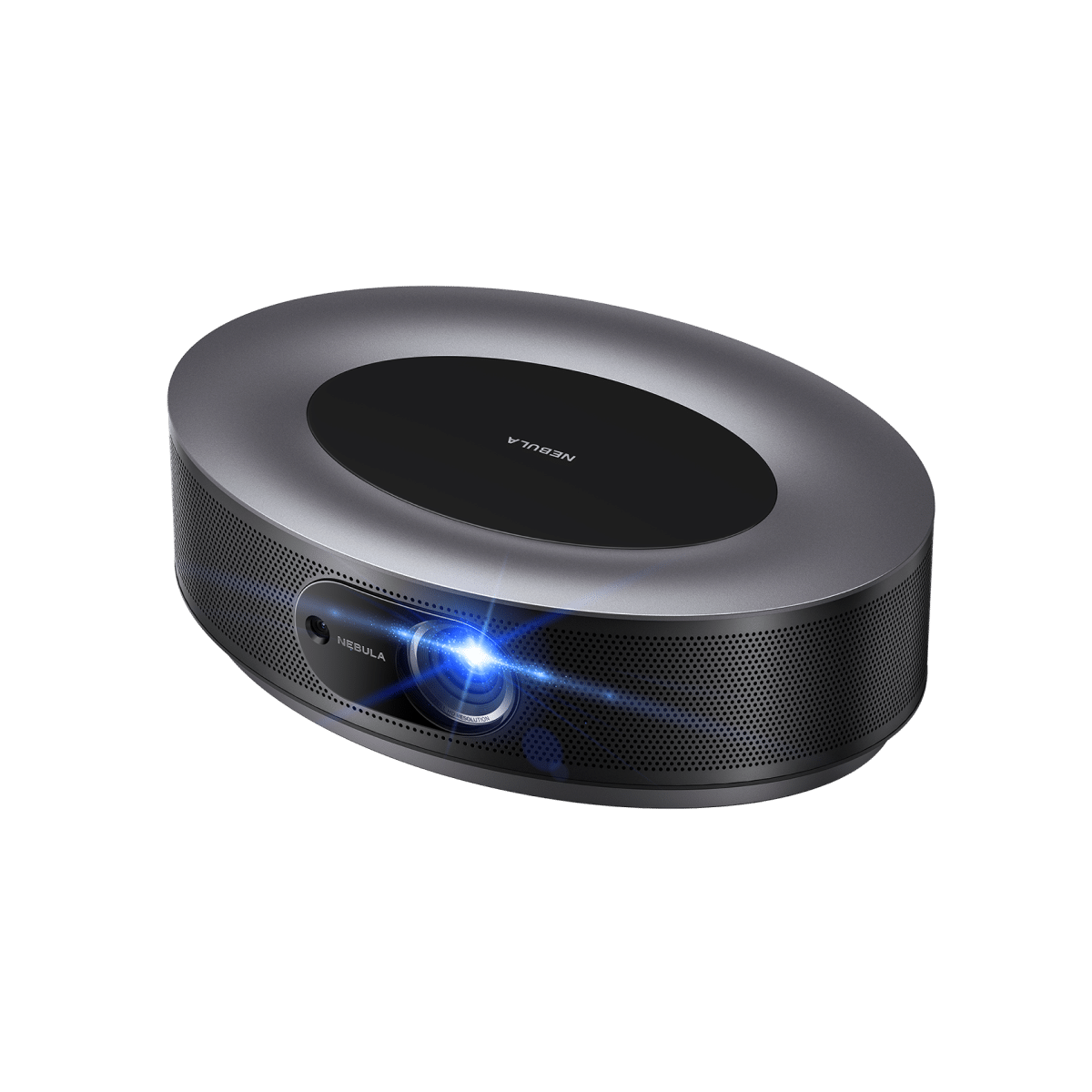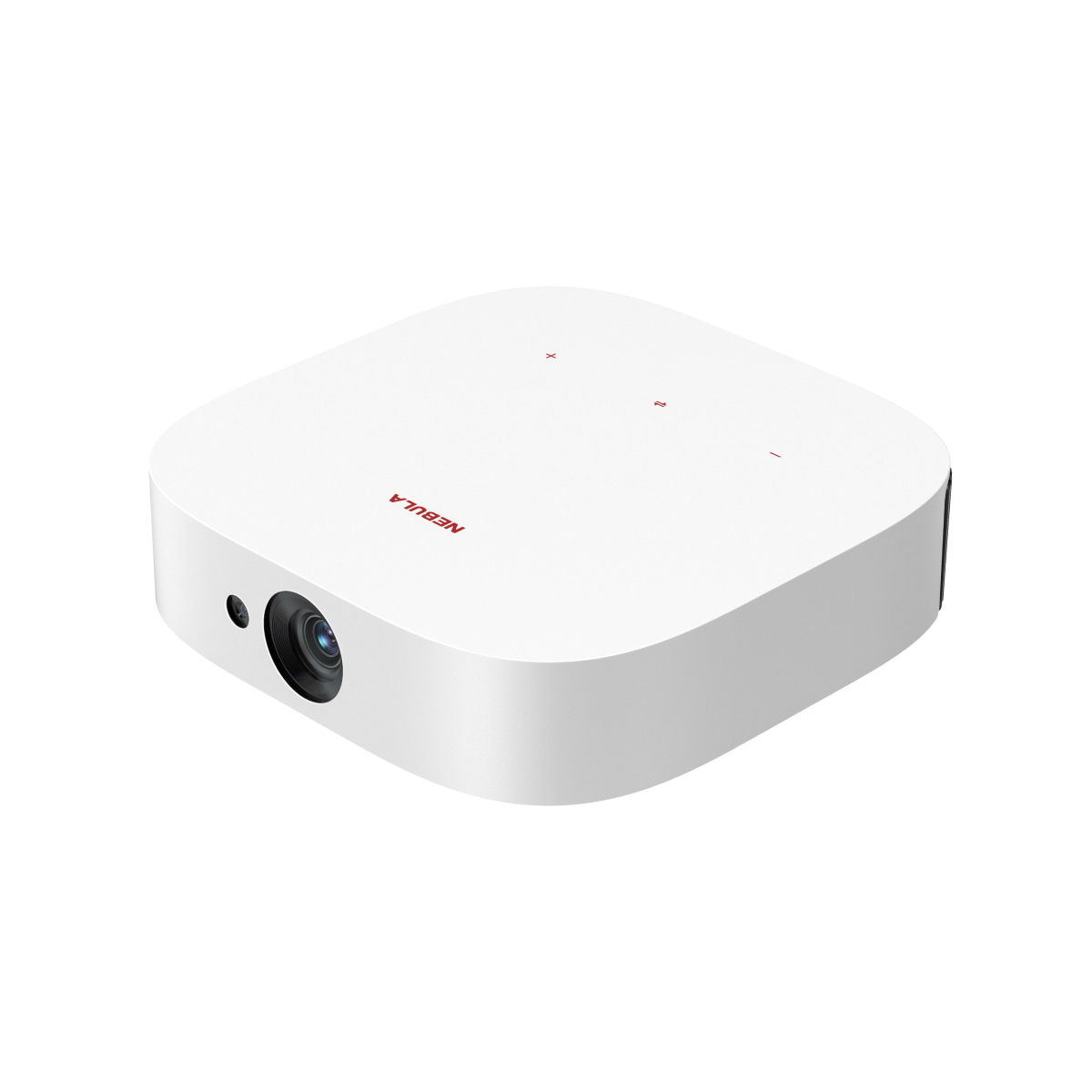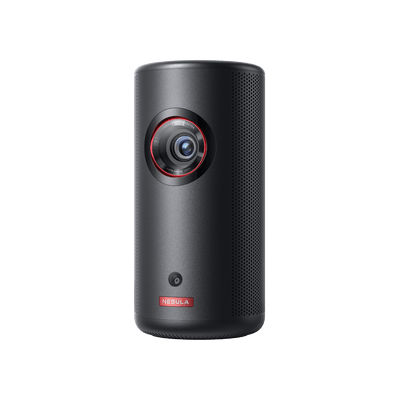In today's digital age, projectors have evolved far beyond their initial classroom and boardroom domains. Whether you're setting up a home theater, conducting business presentations, or venturing into creative projects, there's a projector designed specifically for your requirements. From lumens to resolution, from size to connectivity, the projector and its types can be overwhelming. This guide aims to demystify the world of projectors, delving into the various types available and their unique features, ensuring you find the perfect device tailored to your needs. Let's get started!

What is a Projector?
Before diving into projector types, we need to know what is a projector and its use. A projector is a device that takes an image or video signal and projects it onto a larger surface, typically a screen or a wall. It works by using a light source (usually a lamp or LED) to shine light through an image or video source and then through a lens that magnifies and focuses the image onto the projection surface. Projectors are commonly used in various settings for different purposes. Some common uses of the projector include:
- Presentation and Education:Projectors are frequently used in classrooms, conference rooms, and auditoriums to display slides, charts, graphs, and educational content. Teachers, lecturers, and presenters can use projectors to make their presentations more engaging and visible to a large audience.
- Home Theater: Many people use projectors in their homes to create a home theater experience. They can project movies, TV shows, and video games onto a large screen or wall, providing a cinematic experience in the comfort of their homes.
- Business and Corporate: Businesses use projectors in boardrooms and meeting rooms for presentations, video conferencing, and collaborative work. They can also be used for digital signage and advertising in retail and corporate environments.
- Entertainment: Projectors are used in entertainment venues such as theaters, cinemas, and concert halls to project movies, live performances, and other forms of entertainment onto large screens or stages.

Projector Types and Features
There are different types of projectors, each designed to cater to specific applications. Some of the notable categories include:
DLP (Digital Light Processing) Projectors:
DLP projectors utilize a chip made up of thousands to millions of tiny mirrors. Each mirror corresponds to a single pixel and can tilt towards or away from the light source to modulate the light. When combined with a rotating color wheel, this technology can produce a wide array of colors on the screen. Due to their reliability and sharpness, DLP projectors are famous as movie theater projector for home and business presentations. They're known for their vibrant colors, but in some models, users may notice a "rainbow effect" where brief flashes of individual colors might be seen.
Features:
- High color accuracy and contrast
- Minimal lag for gaming or fast-action scenes
- Longer lifespan without the need for filters
LCD (Liquid Crystal Display) Projectors:
LCD projectors employ a technology similar to what's found in televisions and computer monitors. They utilize three individual liquid crystal panels (one each for the red, blue, and green color channels) through which light passes. The liquid crystals can be opened or closed to allow light to pass or be blocked, producing an image. LCD projectors are known for producing bright and vivid images with accurate colors. They are generally compact and have a lower likelihood of showing the "rainbow effect" seen in some DLP projectors.
Features:
- Excellent color saturation
- More energy-efficient than DLP
- ZOOM function and lens shift capabilities
LCOS (Liquid Crystal on Silicon) Projectors:
LCOS projectors combine features of both DLP and LCD technologies. They use liquid crystals but rather than being passed through the liquid crystal, light is reflected off a panel of liquid crystals on a layer of reflective silicon. This results in a very high-resolution image with smooth transitions and excellent color saturation. LCOS projectors are often found in high-end home theaters due to their superior image quality, but they can be more expensive than other types.
Features:
- Superior color accuracy
- Reduced pixelation ("screen door" effect)
- Quieter operation
LED Projectors:
Rather than using traditional lamps, LED projectors employ light-emitting diodes for illumination. This offers several advantages: LEDs are smaller and more energy-efficient, they have a longer lifespan than traditional bulbs, and they enable the projector to be more compact. LED projectors tend to produce less heat and are generally quieter. However, they may not be as bright as other projectors, making them best suited for darker environments or smaller screen sizes.
Features:
- Long-lasting light source (up to 20,000 hours)
- Portable and lightweight
- Instant on/off functionality
Laser Projectors:
Laser projectors use lasers as the light source. These lasers can produce extremely bright and sharp images, and they have very long lifespans compared to traditional lamps. They are also more energy-efficient and can achieve better color accuracy and range. Laser projectors can be combined with other technologies like DLP or LCOS for image formation. They are becoming increasingly popular in professional settings, such as theaters and large venue presentations.
Features:
- Ultra-bright image output
- Consistent light levels over time
- Fast warm-up and cool-down
Short Throw and Ultra-Short Throw Projectors:
These projectors are designed to produce large images from a very short distance away from the screen. Short throw projectors are perfect for tight spaces or where the presenter might move around in front of the screen and doesn't want to cast a shadow. Ultra-short throw projectors can be placed just inches away from the display surface, making them ideal for interactive displays or locations where space is at a premium. They're commonly used as classroom projectors, or especially useful in small conference rooms, and home theaters with limited space.
Features:
- Large image from a short distance
- Reduced shadow interference
- Ideal for interactive displays

Conclusion
In conclusion, the realm of smart projectors offers a diverse range of technologies, each tailored to specific needs and environments. Whether you're setting up a home theater, presenting in a business meeting, or facilitating interactive lessons in a classroom, there are different types of projectors designed for the task. From the sharp and vibrant visuals of DLP and the color accuracy of LCD to the high-end performance of LCOS, the energy efficiency of LED, and the brilliance of laser illumination, options abound. Moreover, space constraints are no longer a limitation, thanks to short throw and ultra-short throw projectors. Thus, when selecting a projector, understanding these types ensures you make an informed choice best suited to your home or business requirements.
Frequently Asked Questions
What Are Projectors Good For?
Projectors have a wide range of applications and are good for various purposes, including:
- Movies and Home Theater
- Presentations
- Gaming
- Outdoor Entertainment
- Art and Design
- Digital Signage
- Educational Purposes
- Professional Photography and Videography
- Museums and Exhibitions
- Mapping and Visualization
What Type of Projector Is Best for Movies?
For the best movie experience at home, LCOS projectors are a top pick. They blend the best of DLP and LCD tech, delivering crisp images with rich colors and deep blacks. If you're watching a lot of dark scenes, this is a game-changer. Another great option is laser projectors. They're bright, sharp, and energy-efficient. Want a big screen but short on space? Check out ultra-short throw projectors. They give a big picture in tight spots. When choosing, think about your room, screen size, and how much you want to spend.
